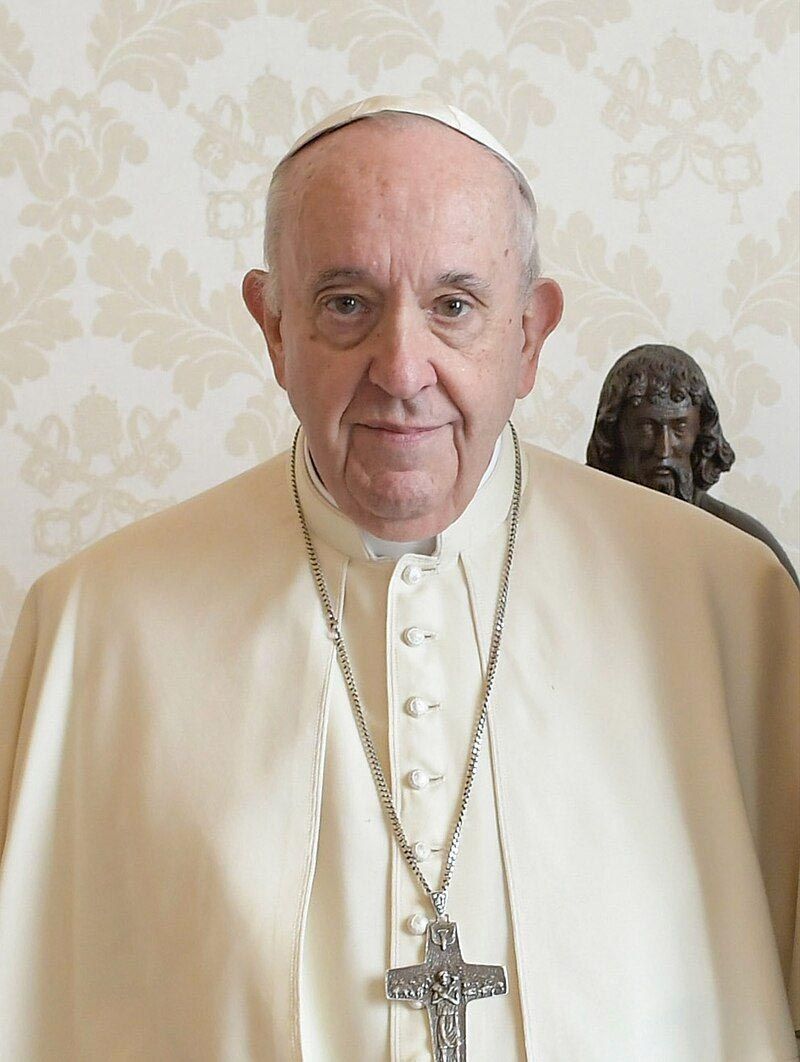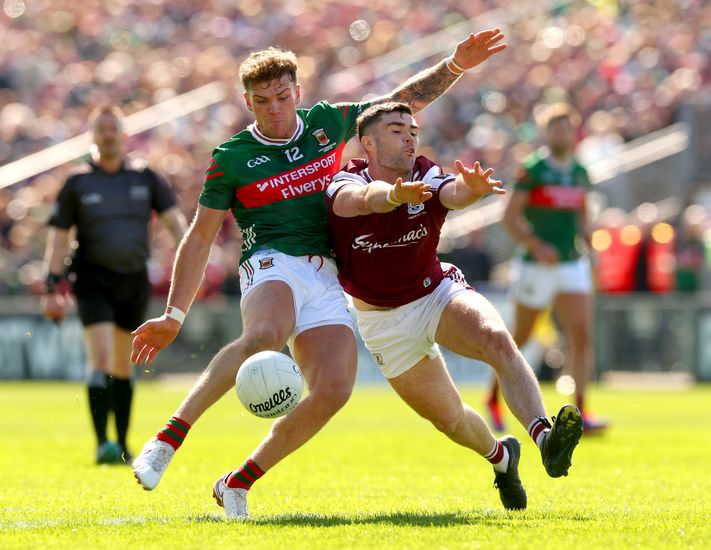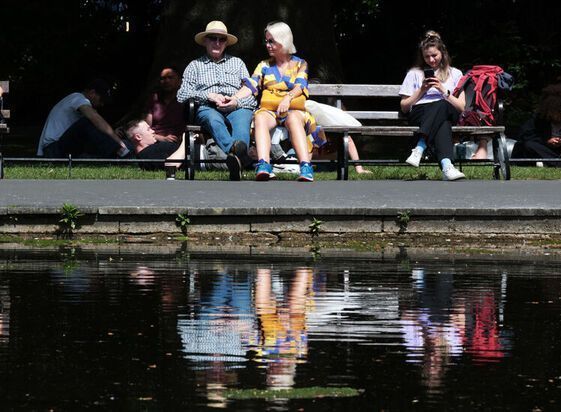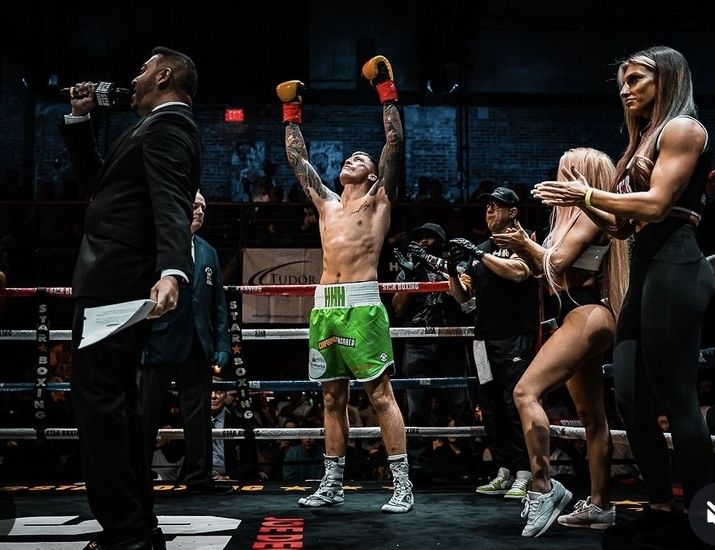Pope Francis took his leave from us Easter Monday, hours after delivering his "Urbi et Orbi" Easter blessing to a packed St. Peter's Square.
It was, you could say, a pontifical bookend. It seemed ordained, ordered.
And yet Francis likely felt he had so much more work to do in a disordered world.
That responsibility will now fall on the shoulders of his successor, whoever he may be.
Those who have seen the movie "Conclave" have an idea as to what happens next. Days from now cardinals from around the world will assemble in Rome to elect a successor to Francis. Only cardinals under 80 can vote for a new pope.
Francis, who was 88, would be thus excluded from a say in the succession had he remained just a cardinal.
In theory, any baptized Catholic can be elected pope. But, as we all know, it comes down to all those men in red hats.
Four of them gathered for the camera to announce the passing of Francis.
The years that Francis occupied the Throne of Peter saw the church expands its reach globally, a result of which is an array of church princes from all corners of the globe.
There was change during the pontificate of Francis, but the rituals and participants we will see in the coming days are familiar, tried and tested.
The church is an institution run almost entirely by men. Francis did slightly weaken the "almost entirely."
Francis made women full members of dicasteries in the Roman Curia, the church government bureaucracy.
There are sixteen dicasteries, all but one of them headed by men. The exception is the "Dicastery for Institutes of Consecrated Life and Societies of Apostolic Life." It is headed by
Simona Brambilla. She is Italian.
It will be interesting indeed to see how the next pope advances what Francis started. Or does not.
Francis, who was born Jorge Mario Bergoglio, was Argentinian, the first ever pope from the Americas. His family name points to Italian forebears. That might have helped him in the 2013 conclave that elected him. The Italian cardinals likely figured he was one of them; or almost.
Francis became pope after the resignation of his predecessor Pope Benedict XVI. That was seen as an extraordinary action on the part of the German-born Benedict.
Given his recent health, Francis might have followed in that path, but his passing came first.
Francis chose his papal name in honor of Saint Francis of Assisi. Pope Francis was not a Franciscan. He was a Jesuit. But his papacy had more than a little of the air of the former order.
Humility and relative simplicity was a hallmark of his dozen years leading the world's estimated 1.4 billion Catholics.
Francis left aside many of the more opulent trappings of his office. On a visit to the United States, and when traveling in convoys of massive SUVs, he rode in a compact FIAT.
Francis championed the refugee, the asylum seeker, the migrant, the immigrant. He was a champion for our earthly environment. He stepped ahead of his predecessors with regard to the rights of LGBTQ individuals. He did not run ahead, but even steps were welcomed.
His views took issue with much of what has been happening in the United States, particularly with regard to immigration, immigrants and migrants. It is unfortunate that Francis was not in better shape Sunday when he met with Vice President JD Vance. A longer conversation between the two would have been interesting.
Francis visited Ireland in 2018. It was a very different Ireland to the one that greeted Pope John Paul II in 1979. The shadow of clerical sexual abuse was a long one throughout the years that Francis led the church.
Earlier in his life Francis, in his forties, spent time with his fellow Jesuits in Ireland. He had an idea of the island and the Irish certainly had an idea of him as a decent man with his heart in the right place but with so many challenges each and every day to occupy both heart and mind.
Being pope is no easy job.
So what kind of man will be the next pope? Liberal, Conservative, somewhere in between?
Trying to predict would be foolish. Francis was in considerable respect in between, pulled a little liberal this way, and a little conservative that way.
You never fully learn what a pope might do if he was not acutely conscious of 2000 years of history, having to deal with a powerful bureaucracy while facing the ultimate responsibility of keeping the church alive, vibrant, relevant.
Francis was made a cardinal by the conservative John Paul II. He succeeded the conservative Benedict. He forged his own path in faith, words and deeds.
He won't be a tough act to follow because he wasn't an act. He was, as they say, a genuine article; at least to the extent that the papacy allowed him to be.
Requiescat in Pace.








